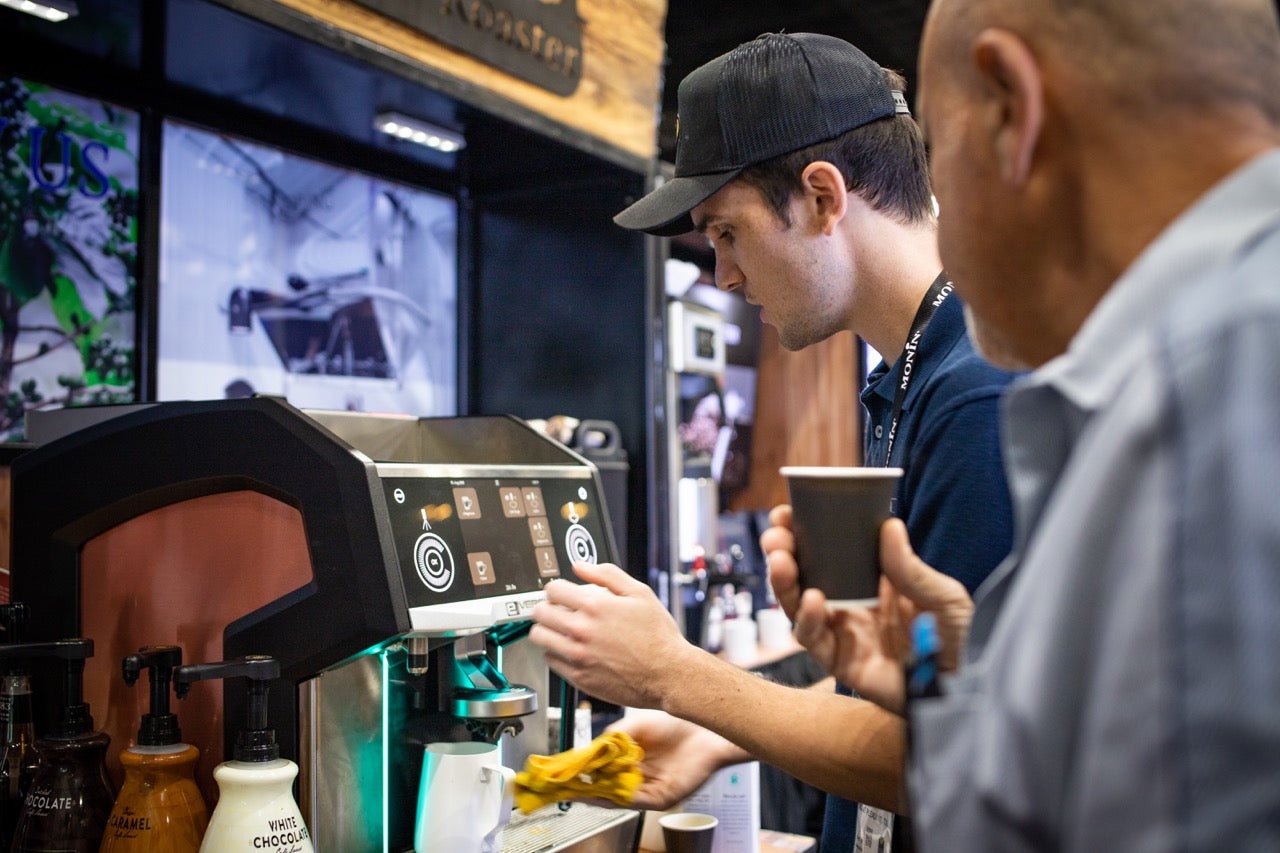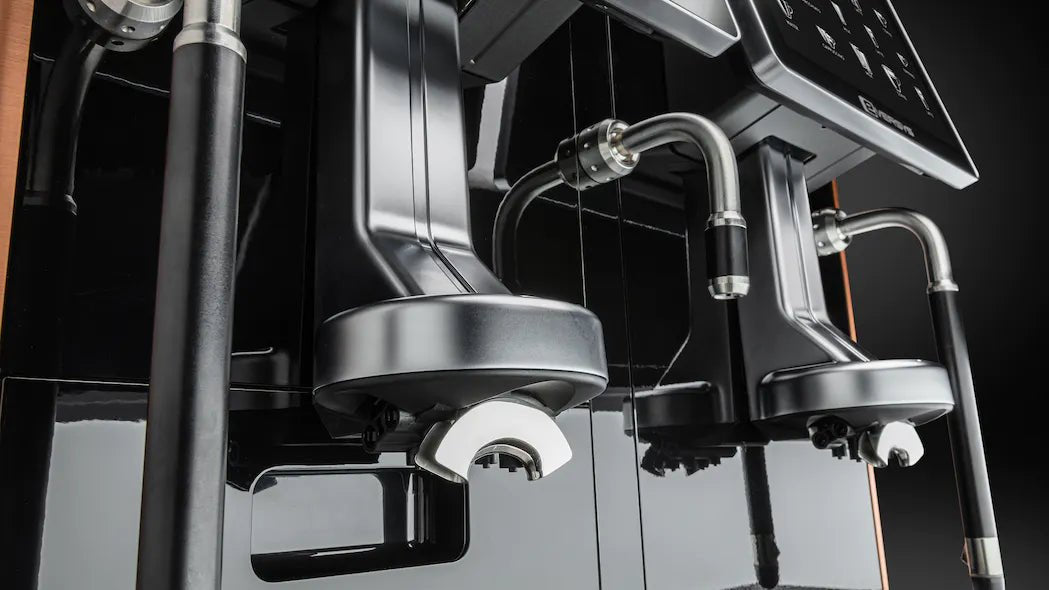The invention of the espresso machine can be credited to Angelo Moriondo of Turin, Italy. Moriondo filed a patent for his "new steam machinery for the economic and instantaneous confection of coffee beverage" in 1884. However, it wasn't until 1901 that Luigi Bezzera, also of Italy, made significant improvements to Moriondo's design, including the addition of a pressure gauge and steam wand, which allowed for the preparation of frothed milk.
Espresso machines continued to evolve throughout the 20th century, with various improvements made to the design and functionality. The popularity of espresso in Italy led to its widespread adoption in other countries, particularly in Europe. In the mid-20th century, espresso machines began to be manufactured and distributed in the United States, where they have since become a staple in coffee shops, restaurants, and homes.
Espresso machines have had a significant impact on the coffee industry. The concentrated, bold flavor of espresso has made it a popular choice for coffee lovers and the invention of the espresso machine has made it possible to prepare this flavorful drink quickly and easily. Espresso machines have also paved the way for a variety of other coffee drinks, such as lattes and cappuccinos, which are prepared using espresso as a base.
Overall, the espresso machine has played a crucial role in the development and growth of the coffee industry and has become an essential tool for coffee shops and baristas around the world.


